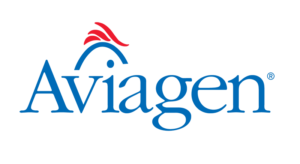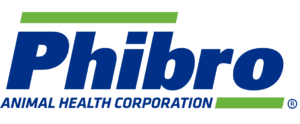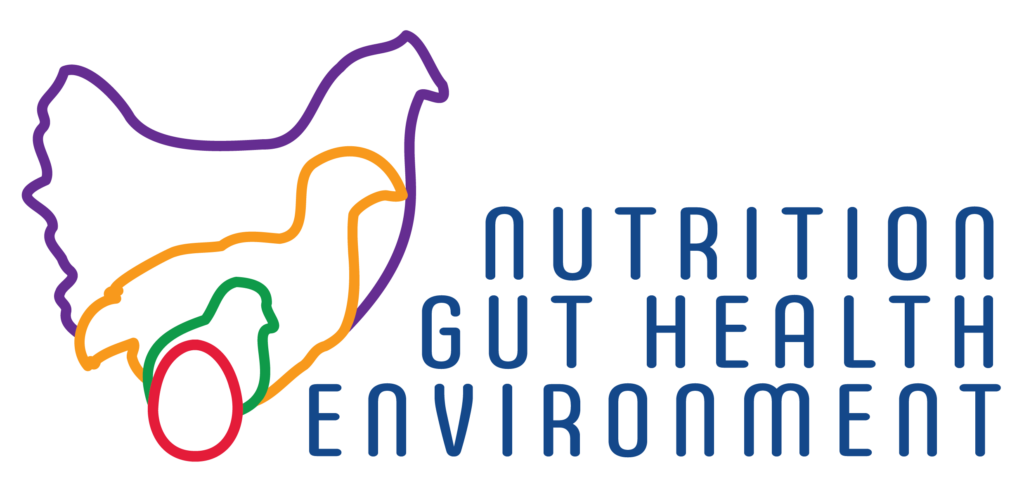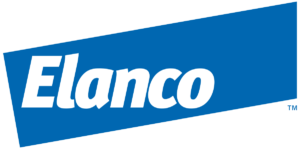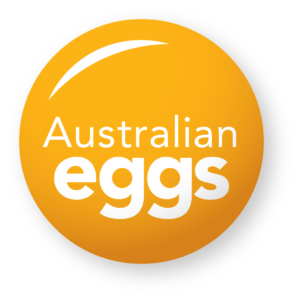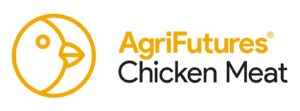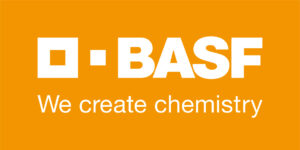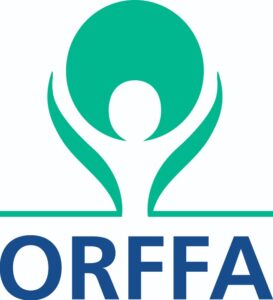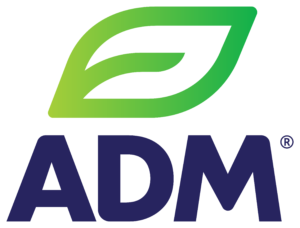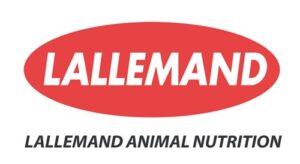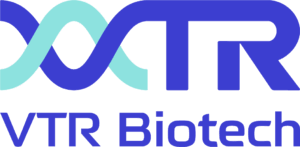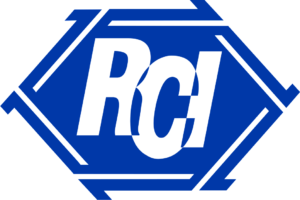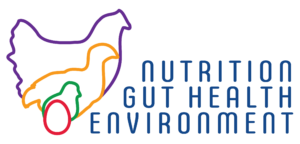Introducing our invited speakers for APSS 2026:
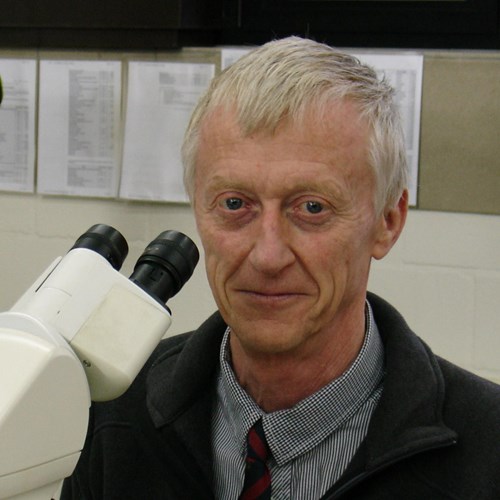
Graduating as a veterinarian from Ghent University in Belgium in 1978, Emeritus Professor Richard Ducatelle went on to complete a PhD in veterinary pathology in 1983. From 1984 to 1989 he served as a scientific advisor to the Belgian government, before being appointed Professor of Veterinary Pathology at Ghent University in 1989, a position he held until 2020. He was also a member of the university’s Board of Directors between 2008 and 2020.
He is a diplomate of both the European College of Veterinary Pathologists (ECVP) and the European College of Poultry Veterinary Science (ECPVS), President of the Belgian branch of the World Veterinary Poultry Association (since 1991), and Past-President of the European Society of Veterinary Pathology (ESVP). Over his career, he authored or co-authored more than 700 peer-reviewed scientific papers, 400 conference abstracts, and delivered over 200 invited presentations at national and international congresses.
His research has focused primarily on gut health and the interactions between microbial pathogens and animal hosts. In poultry, his work addressed necrotic enteritis, dysbacteriosis, and Salmonella, while in swine he investigated gastric ulcers and Helicobacter infections. Beyond his own research, he has mentored more than 30 PhD students, leaving a lasting impact on veterinary pathology and animal health science.

Professor Tina M. Widowski, PhD (University of Illinois at Urbana-Champaign), is a Professor of Animal Biosciences at the University of Guelph in Canada. With over 35 years of experience, she has focused her research on how housing and management practices influence the behavior, health, and welfare of farm animals, particularly pigs and poultry. Her work spans a wide range of topics, from fundamental research on nesting motivation and dustbathing to applied studies aimed at improving the transportation of pigs to slaughter and finding the best methods for euthanizing compromised animals on farms.
In 2011, Dr. Widowski was appointed the Egg Farmers of Canada Research Chair in Poultry Welfare. Since then, her research team has concentrated primarily on the housing and management of growing pullets and laying hens. Her partnership with the Canadian egg industry has allowed her and her students to conduct research on commercial farms and present their findings directly to farmers, facilitating the practical application of their results.
Over her career, Dr. Widowski has supervised over 60 Master’s and 12 PhD students. She has published more than 200 scientific papers and book chapters. Many of her former students hold academic positions worldwide and leadership roles in Canada’s poultry industry. Furthermore, Dr. Widowski has served on various scientific advisory committees, including the National Farm Animal Care Council (Canada) Scientific Committees for pigs, for turkeys, broilers and breeders, and for laying hens. Widowski is also a member of the United Egg Producers Scientists Committee on Animal Welfare in the United States. These advisory roles enable her to transfer research findings directly to industry practices and to identify the most relevant and urgent research needs within the sector.
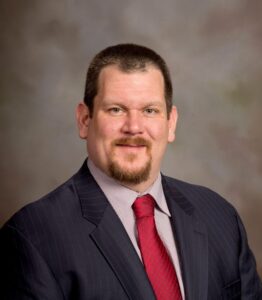
Professor Mike Persia is currently the John W. Hancock Professor in the School of Animal Sciences at Virginia Teach, Blacksburg, VA, USA where he focuses on applied poultry nutrition research, extension and teaching. Mike earned his BS degree from Penn State University, a MS degree from Ohio State University and his PhD from University of Illinois. After graduation, Mike started a professional career with Syngenta Biotechnology Inc and in 2009 joined the Faculty at Iowa State University, Ames, IA, as an Assistant Professor (research/teaching). In 2013, Mike moved to Virginia Tech and assumed a three-way appointment adding extension to his responsibilities.
Mike has been active within the Scientific community including serving on the executive board for the Southern Poultry Science Society, director for the Poultry Science Association, Program Chair for the 2023 Annual Meeting in Philadelphia, a co-editor for the Nutrition Section of the Applied Journal of Poultry Research. Dr. Persia has also held leadership roles including on the Board of the National Egg Quality School, co-chairing the Virginia Poultry Health and Management Seminar and the Virginia Egg Council, Virginia Poultry Federation and the Virginia Poultry Disease Task Force. Mike is currently serving on the NRC committee to generate the 10th edition of the Nutrient Requirements for Poultry.
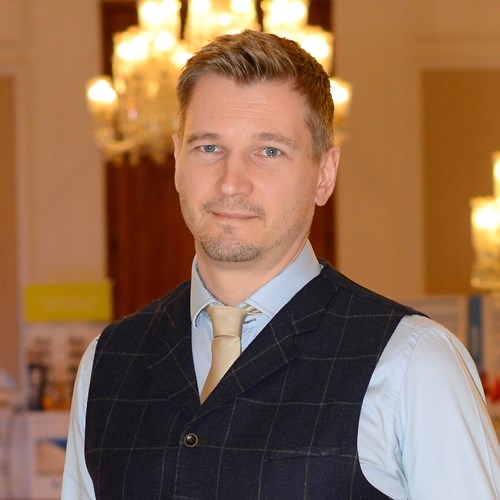
Prof. Aaron Cowieson hails originally from Scotland, having read for his PhD at the University of Aberdeen, completing in 2001. From 2001-2010, Prof. Cowieson worked for two major biotechnology businesses where his research focus was feed enzymes, ingredient quality and amino acid and mineral nutrition of poultry. From 2010-2013 Prof. Cowieson was Associate Professor of Poultry Nutrition and Director of the Poultry Research Foundation within the Faculty of Veterinary Science at the University of Sydney, Australia.
Currently Prof. Cowieson is Senior Science Fellow at DSM-Firmenich. Prof. Cowieson has published more than 350 scientific articles including more than 200 in peer-reviewed journals. Prof. Cowieson was the 2016 recipient of the Poultry Nutrition Research Award from the American Feed Industry Association and the 2019 recipient of the Life Mentor Award by the Poultry Science Association. In addition to his role with DSM he is retained as Adjunct Professor of Animal Science at Purdue University in the United States and Honorary Governor of the Poultry Research Foundation at the University of Sydney.
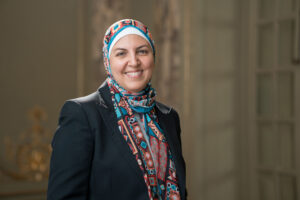
Dr. Neamat ElTazi is the Co-Founder and Chief Operating Officer of PoultrySync, an innovative Agri-Tech SaaS platform transforming poultry production worldwide through artificial intelligence and machine learning. With over 20 years of experience in digital transformation across various industries—and the last 8 years dedicated specifically to the poultry sector—Dr. ElTazi brings a rare combination of deep technical expertise and operational insight to the agriculture technology space.
As COO, she leads strategy, operations, and product execution at PoultrySync, ensuring that data-driven decision-making is accessible, actionable, and impactful for poultry producers globally. Her work helps bridge the gap between traditional farming practices and real-time, predictive management tools that improve productivity, welfare, and sustainability.
In parallel with her executive leadership, Dr. ElTazi serves as an Associate Professor of Computer Science at Cairo University. Her academic research spans AI, data mining, and advanced decision support systems. She is a sought-after speaker at global forums—including the World Agri-Tech Innovation Summit and Animal AgTech Summit in Amsterdam—where she shares applied insights on AI adoption in livestock production.
Dr. ElTazi was named a “Woman in Ag” by EuroTier in 2024, and has worked with leading organizations including the World Bank. Her mission through PoultrySync is to help producers worldwide unlock the power of technology for smarter, more efficient, and more sustainable operations.
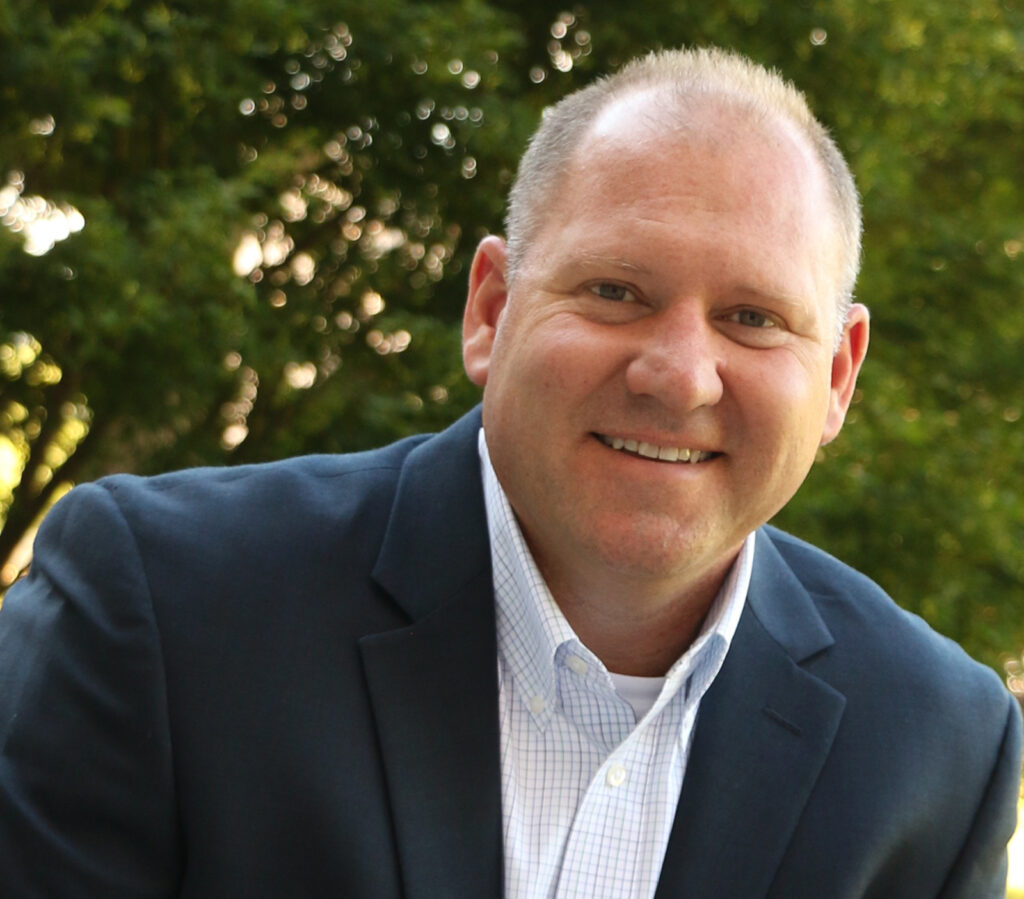
Professor Michael Kidd has bachelor’s and master’s degrees from the University of Arkansas. His doctorate is from North Carolina State University. Post PhD, he worked for Nutri-Quest/BioKyowa for 5 years as a global research manager and director. Next, he served as faculty at Mississippi State University for 10 years and as department head his last three years at Mississippi State University. He then moved to the University of Arkansas and directed the Center of Excellence for Poultry Science for 10 years, and he is now in his 5th year of returning to faculty and holds the Adisseo Endowed Professorship in Global Sustainable Poultry Nutrition. He is a Fellow and past president of the Poultry Science Association. He also serves as extraordinary professor at the University of Pretoria, South Africa.
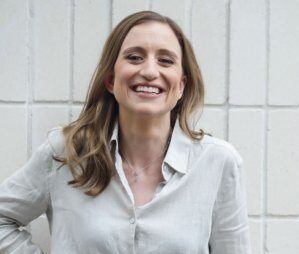
Professor Kirsty Short completed her PhD in 2013 at the University of Melbourne investigating influenza virus-bacterial co-infections. In 2013 she was also awarded a prestigious NHMRC CJ Martin Early Career Fellowship to study severe influenza infections. The overseas portion of this work was performed in the Netherlands at the world-renowned Erasmus Medical Centre. At the end of 2015, she relocated to The University of Queensland to complete the remaining portion of my CJ Martin fellowship on influenza virus pathogenesis. In 2017/2018 Kirsty was awarded an ARC DECRA to start her own independent research groups at the University of Queensland’s School of Chemistry and Molecular Biosciences.
Her research on influenza and COVID-19 falls into the broader body of research investigating the role of host susceptibility factors (e.g. age, obesity, diabetes, chronic inflammation) on viral disease, pandemic preparedness and anti-viral immunity. Kirsty’s work also plays an important role in shaping public policy, with her work on pandemic preparedness being featured on Prevention Web (the UN’s cite for disaster risk reduction). Similarly, her work on the role of children in SARS-CoV-2 transmission has been picked up by numerous media outlets (>100 Altmetric Score) and helped influence policy regarding reopening schools during the COVID-19 outbreak (data used by Victorian and UK governments).
Consistent with her strong interest in public health, she participated as a member of the Group of Eight University panel advising the Australian government on their response to COVID-19. Kirsty also co-wrote the Rapid Research Information Forum “What are the determinants of morbidity and mortality due to COVID-19 and are there differences between sexes?” for the Australian Academy of Science and the Australian Commonwealth Government. The impact of her work in pandemic preparedness is further reflected by her research being cited >550 times in 2020 alone.
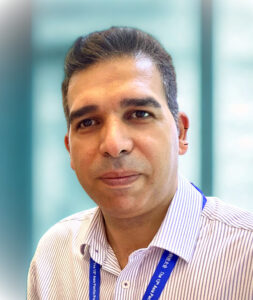
Dr. Mehdi Toghyani is a senior research fellow at the University of Sydney. He is a highly skilled and methodical animal nutritionist with proven competence in both academic and commercial settings, with over 13 years of experience in poultry nutrition research and practical feed formulation for layers and meat-chickens. He has authored/co-authored more than 100 scientific communications. His main areas of research and interests are amino acid and energy requirements, alternative feed ingredients, trace minerals nutrition, and developing nutritional strategies to improve the efficiency and sustainability of poultry production.
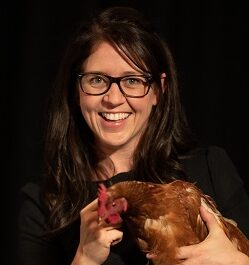
Dr Peta Taylor is a lecturer in Animal Science in the School of Agriculture, Food and Ecosystem Sciences at the University of Melbourne, and an animal welfare scientist with the Animal Welfare Science Centre. Her research focuses on the behaviour, cognition, and welfare of commercial poultry, with particular interest in how individual birds interact with their environments.
Peta holds a PhD in Animal Science from the University of Melbourne and a Master of Science in Neuroscience from the University of New England. Her work has informed welfare improvements in meat chickens, laying hens, and breeders, particularly in the areas of environmental enrichment, transport and handling, and positive welfare assessment.
Peta is actively engaged in animal welfare policy and professional service. She is a member of the Victorian Minister for Agriculture’s Animal Welfare Advisory Committee, serves as the University of Melbourne representative on the Universities Federation for Animal Welfare (UFAW) Link network, and represents Australia on the international LIFT Positive Animal Welfare Network. She is also the senior editor for the International Society for Applied Ethology (ISAE), supporting the global community of researchers in animal behaviour and welfare.
Peta works closely with industry, government, and advocacy bodies to ensure her research delivers practical, science-based improvements in animal welfare. Her contributions span both fundamental research and applied outcomes, with a strong focus on enhancing the lives of animals in commercial systems.
When:
3 Day Conference
Monday 9th – Wednesday 11th February, 2026
Symposium Dinner
Tuesday 10th February, 2026
Where:
3 Day Conference
University of Sydney Business School – Belinda Hutchinson Building (H70)
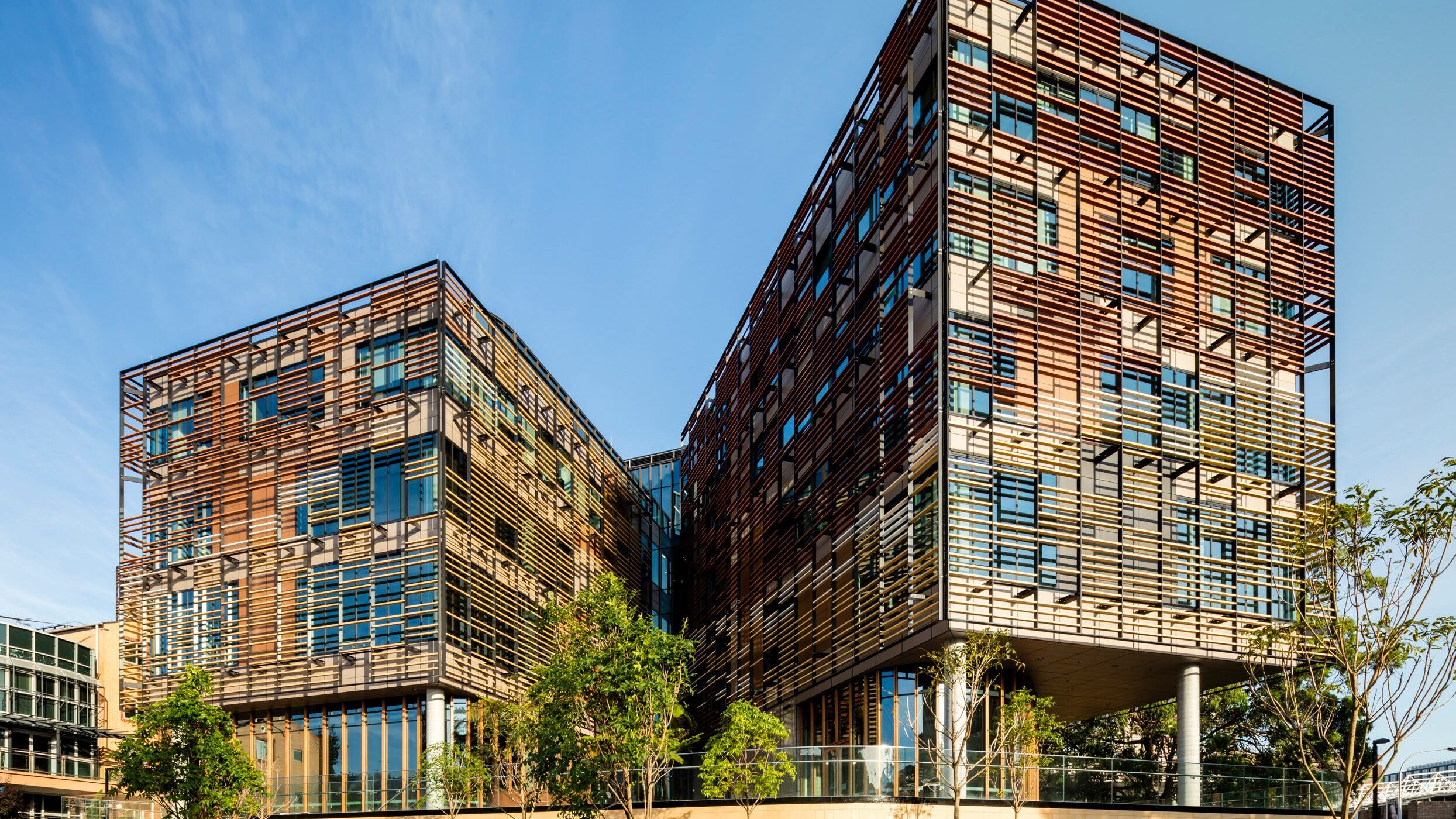
Symposium Dinner
Starship Sydney – Harbour Cruise



